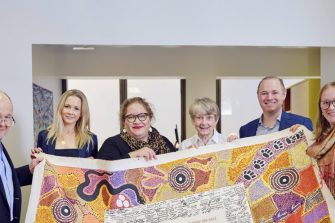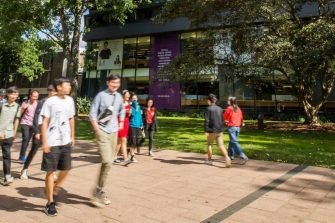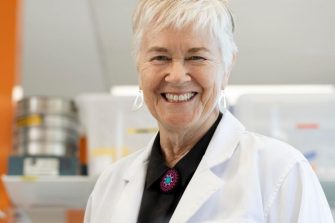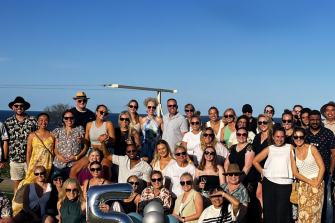Impact of our donors
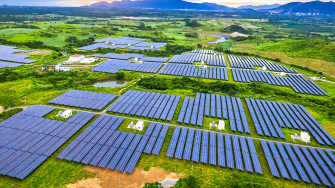
With an ambitious plan for 2030, Professor Elizabeth Thurbon aims to position Australia as a global leader in green energy. But achieving this requires a radical shift in mindset.
Is Australia ready to become a green energy superpower by 2030? Not just successfully transitioning to green energy, but emerging as a world leader in the push towards a more sustainable future? UNSW Professor of International Political Economy Elizabeth Thurbon thinks so.
“I think we should die trying,” she says, “because what's the alternative?”
For years, Liz and her colleagues have argued that Australia's transition to green energy could be achieved sooner and gain broader community support if it was seen as more than an environmental need. They call it ‘Green Energy Statecraft’, urging decision-makers to view green energy not just as an industry goal, but as a foundation for creating jobs, boosting wages, strengthening communities, and elevating Australia’s regional influence.
The picture Liz paints of a just and joyful future, made possible by Green Energy Statecraft, has caught the attention of Boundless Earth, a philanthropic organisation with a vision to help build “an Australia we can all be proud of: a prosperous, renewable energy superpower and a global force towards a decarbonised world”. Boundless Earth was started by Atlassian co-founder and renowned green energy advocate Mike Cannon-Brookes, a UNSW alumnus who has committed significant resources to advancing Australia’s green ambitions.
This year, Boundless Earth announced it would back Liz’s Green Energy Statecraft Project as a foundational funding partner.
“This is about creating a movement,” says Liz. “It’s about driving a shift in mindset, a shift in institutional capability, and a shift in the relationship between government and industry.”
A race to the top
According to Liz, this shift in thinking has already been embraced by the likes of China, South Korea, and Canada, all of whom are outspoken in their ambitions to become green energy superpowers. It is, she says, “a race to the top” – and one in which Australia can be seen as a serious contender.
With support from Boundless Earth, Liz will now begin laying the foundations of a Green Energy Statecraft movement in Australia. Already, she and her colleagues have developed a governance framework designed to help decision-makers conceptualise the challenges they face, understand why previous efforts may have fallen short, and start making plans in support of a more holistic green energy transition. In the months ahead, she will be sharing the framework with both policymakers and students.
“It’s about creating that next generation of policymakers, helping them understand the opportunity of this joined-up approach, inspiring them.”
She will also be establishing a global network of scholars, policymakers and practitioners to build knowledge, share lessons, and drive the movement forward.
“Yes, it’s going to be hard,” she concedes, “but we have this incredible opportunity. We have all the things that so many other countries don't have. We’ve got the sun, we’ve got the wind, we’ve got the space... If we’re doing everything we can to reach our goals, then we’re on our way. And that’s what matters.”
Share this story

